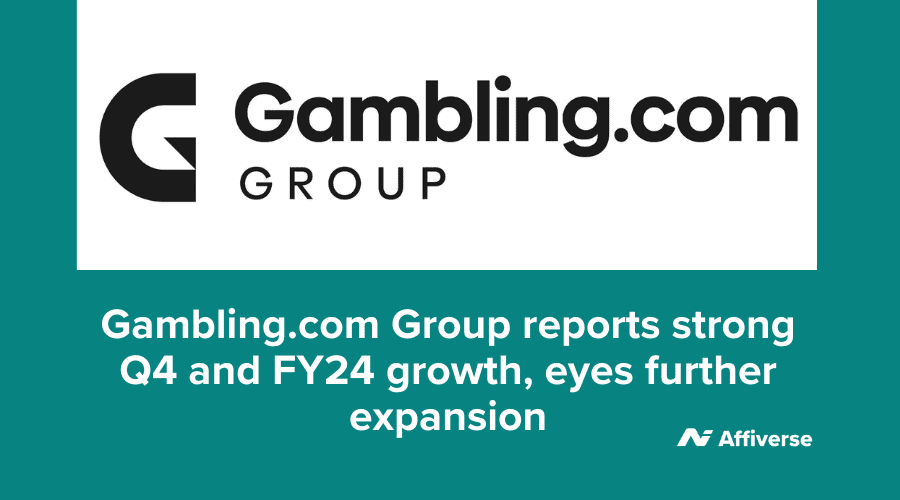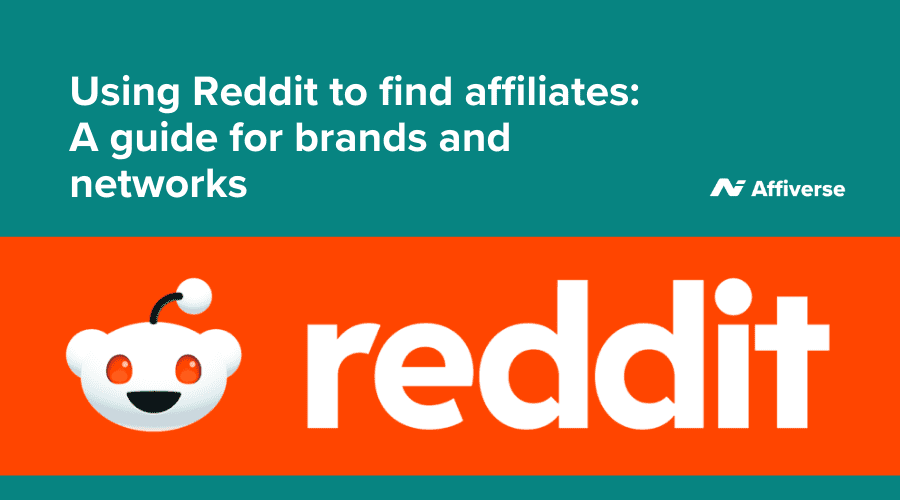You might feel as though you’ve been brought onto this planet to wager a permanent war against Google. However, they’re not as evil as you think. All they want is one thing – their users to have the best possible online experience.
That shouldn’t be too surprising. Imagine if Google decided to rest on its laurels as the world’s leading search engine. Yahoo would be waiting in the shadows to swoop, as would Bing.
So, you have two options. The first is that you ensure that your website meets your target audiences needs – which we presume is the path you’ll choose. Or, you can think that you’re bigger than Google and rebel by doing the opposite. We’ll wish you the best of luck with that last one.
In this blog post, we’ll look at four reasons that Google might de-rank your site.
Your website isn’t mobile-friendly
Look, we’re almost three months into 2020. This one should be obvious by now. Think about it – what percentage of the content that you consume, do you do so from your phone? We can imagine that, unless you’re a monk, it’ll likely be high.
Mobile is an integral part of everyday life, so it’s unsurprising that Google considers a well-optimised site for this medium to be important.
Yes, the design of your page is significant. But other factors come into play too. For example, content – especially video – should be compatible with such devices. Moreover, it should be easy to click through on any buttons that appear on your site. We’ll be releasing a blog post later this week about mobile optimisation, but consider these tips in the meantime.
Your website has a slow loading time
This somewhat ties in with the above. If your mobile page doesn’t load quickly, then that’s a detriment to the user experience. And beyond annoying consumers, you’re also not going to get in Google’s good books.
Last year, Google employee John Mueller said that speed is a ranking factor. And whether it’s big or small in that respect, it doesn’t matter. Because it’s still a ranking factor, period.
In general, you should aim for a loading time of under three seconds. That goes for both mobile AND desktop. You should also test this on a regular basis, to ensure that this continues to run smoothly.
You use links from websites in a different language
Okay, so this one may seem a bit harsh. But from Google’s perspective, it makes sense. For the most part, users prefer to consume content in one language.
That stands for whether they’re a native English speaker consuming the daily news, or someone who’s looking to brush up on their German skills. As such, content in different languages just isn’t useful for most readers.
Of course, you might need to make some exceptions. For example, if you run an English-language website about Spanish football, there’ll be an inevitable crossover somewhere.
However, for the most part, it’s best to keep pages and links monolingual. If you operate in different markets, localise your offerings with a different-language version of your site.
You stuff your content with keywords
Again, this one isn’t surprising. Mainly because it’s one of the oldest tricks in the book. But now, Google has grown wise to this practice.
Of course, it’s important that you include keywords that are relevant to your target audience. But limit this. Just as people can see that you’re trying too hard when using 40 hashtags on Twitter, it’s pretty obvious when you’ve written content just for the sake of keyword stuffing.
For the most part, less is more in this respect.
Final thoughts
We’ve said this before. But at the end of the day, Google and you both want the same thing – to provide the best possible user experience. Therefore, you should be working together – not against one another.
Mobile optimisation is vital in this day and age, as is providing convenience through fast loading times. And since people tend to consume content in one language at a time, you should do your best to ensure that links are monolingual.
And then there are practices that are outdated and need to be stopped now. Those include keyword stuffing and buying links, to name a few.
All of these tips tie into one thing – authenticity. You might find that the SEO capabilities of your site improve by not trying too hard. Give this a go and see if it works for you.
Get more content like this delivered to your inbox each week by signing up to our newsletter.



















